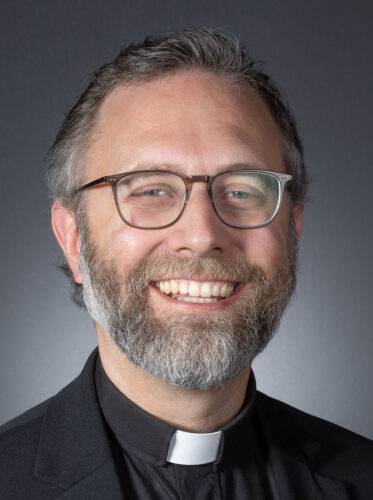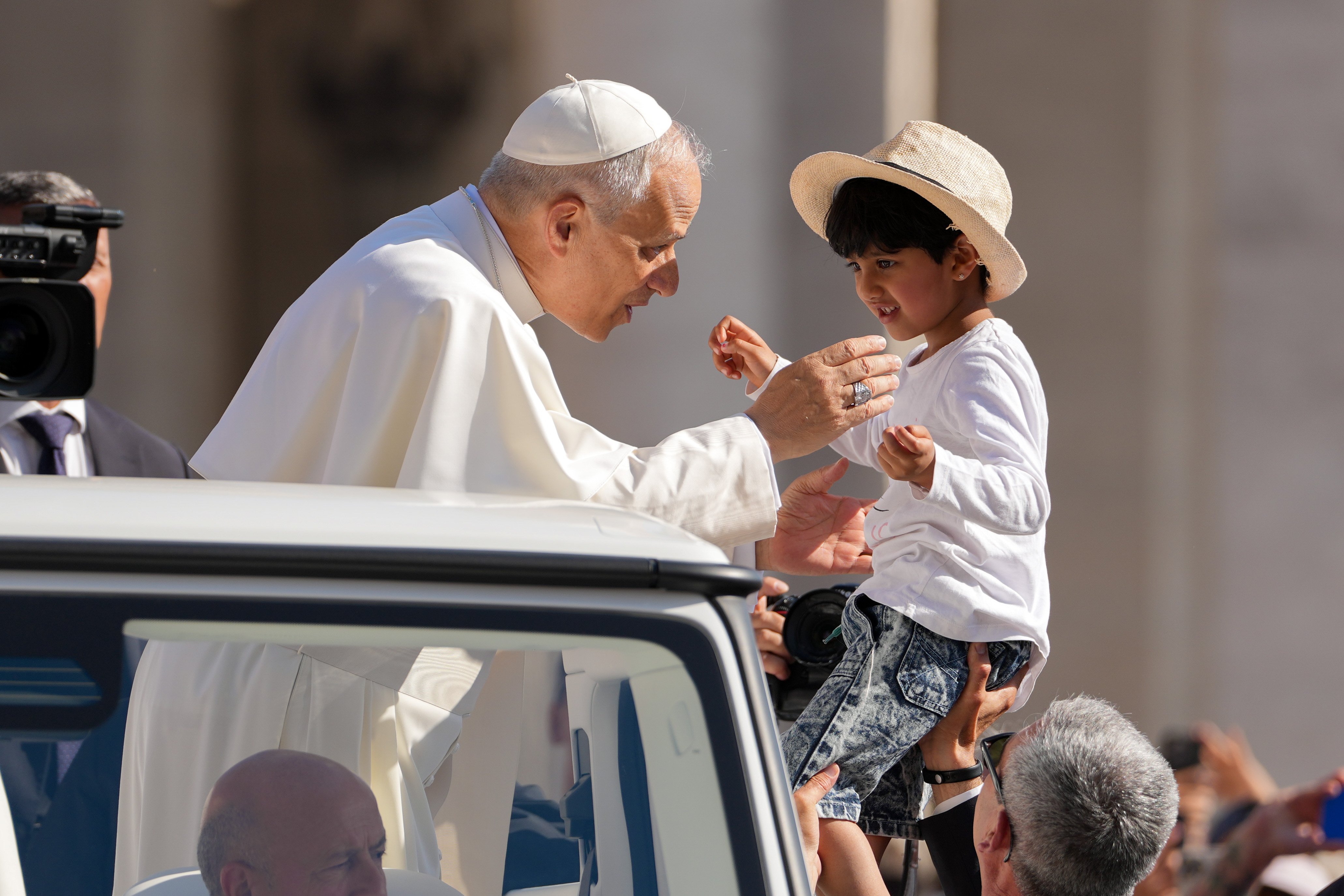DEAR FATHER | Jesus admonishes His followers to not seek honor or titles for their own sake
Why do we call priests “Father” when Jesus says “call no man ‘Father?’” (Matthew 23:9)

What a great question to answer in this column — called Dear Father.
To understand any Scripture passage, it is important to recognize the type of communication it is (scholars will refer to this as its genre). After all, if someone tried to understand a poem the same way as a news article, it would only lead to confusion. This is even more important — and tricky — when the communication in question is 2,000 years old.
To accurately understand what Jesus is saying in this passage, we must begin by recognizing it as an example of hyperbole, that is, exaggeration. To make a point in the ancient Middle East (or even to this day), it would be exaggerated to the greatest extreme to show the importance the speaker attaches to it or the sincerity of the speaker.
Other examples of this type of expression include Jesus’ exhortation to cut off the hand that causes you to sin or His claim that disciples must hate their father and mother. No first-century hearer of Jesus’ words would have been confused into thinking that He wanted them to stop calling their dad “father” any more than a modern person hearing me say “I love ice cream more than life itself” would then expect me to jump in front of a speeding bus to save a carton of mint chocolate chip.
Indeed, we can tell that His early followers did not interpret this expression literally because the Bible is full of examples of calling respected men “father,” whether that is Jesus referring to Abraham (Luke 16:24, John 8:56), St. Stephen politely addressing his audience (Acts 7:2) or St. Paul speaking of his ministry as fatherhood (1 Corinthians 4:15).
How “Father” became a form of address for priests is interesting. Back in the third century, the first Christian monks would go into the desert and form communities of prayer. They would refer to each other as brother or sister and to their spiritual leaders and administrators as “Abba” (father) and “Amma” (mother).
For a long time, only priests in monastic or religious life were called “Father.” In fact, in some places around the world the title is still reserved to them. However, in Ireland, it came to pass that all priests began to be addressed as “Father,” and from there, the immigration of the Irish brought the use to the whole English-speaking world and beyond.
Jesus’ intention in Matthew 23 is clearly to admonish His followers not to seek honor or titles for their own sake: “Whoever exalts himself will be humbled; but whoever humbles himself will be exalted” (Matthew 23:12). With that in mind, “Father” is my favorite way of being addressed as clergy. A professional title like “Reverend” comes with more temptation to misplaced honor, while “Father” focuses on the relationship of trust and affection I hope to have with the faithful.
I am glad that we get to keep the title of this column unchanged.
Father Chris Schroeder is senior associate pastor of St. Charles Borromeo and St. Peter parishes in St. Charles.



